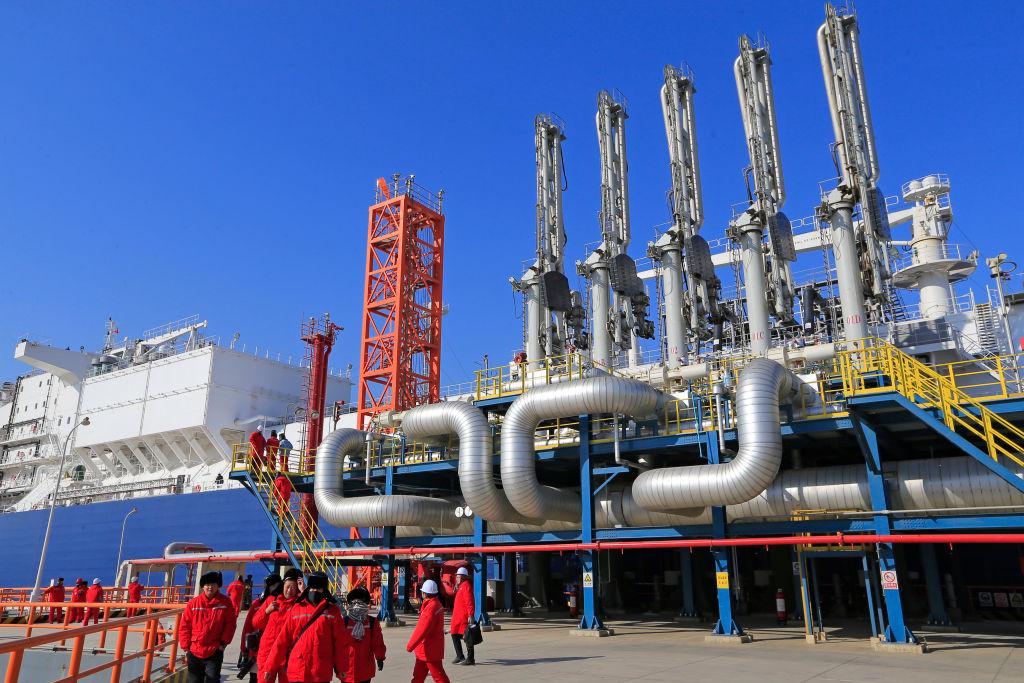Peak industry bodies warn the Australian government’s heavy intervention to try to control retail electricity and gas prices does not address longer-term problems in the market.
Last week, the country’s National Cabinet—a regular meeting of federal and state leaders—agreed to cap wholesale gas prices at $12 a gigajoule (US$8.15) and coal at $125 a tonne (US$84.85) for a 12-month period. A move that will cut into the profit margins of energy producers.





